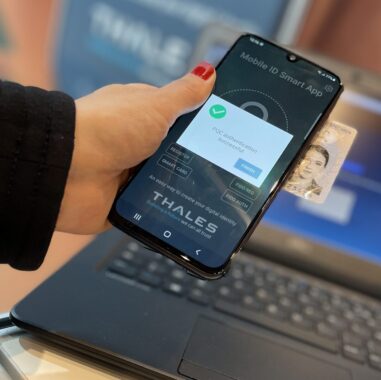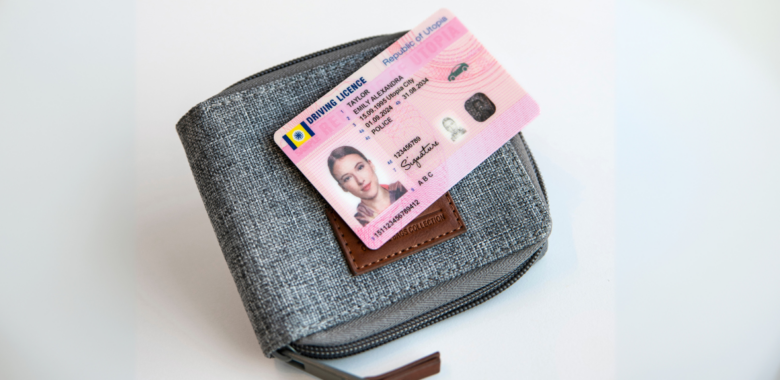Post-Quantum Cryptography (PQC) is a new technology designed to defeat brute force attacks performed using quantum computers, which have the potential to break many of the commonly used cryptographic algorithms today. As quantum computing technology advances, traditional cryptographic systems, such as RSA and Elliptic Curve Cryptography (ECC), will become vulnerable to attacks due to their reliance on mathematical problems that quantum computers can solve efficiently.
In the context of eGovernment services, PQC will play a crucial role in ensuring the security and integrity of sensitive data transmitted and stored by government agencies. These services encompass a wide range of online and offline interactions between citizens and government entities, including tax filings, social security applications, and more. Given the sensitive nature of the information involved, securing eGovernment services against potential threats is paramount.
Post-Quantum Cryptography and eGovernment services
Here’s how Post-Quantum Cryptography intersects with eGovernment services:
Secure Communication: PQC algorithms can be employed to secure communication channels between citizens and government servers. This ensures that data transmitted during online interactions, such as filling out forms or submitting documents, remains confidential and cannot be intercepted or tampered with by malicious actors.
Data Integrity: By implementing PQC algorithms for digital signatures, eGovernment services can verify the authenticity and integrity of data exchanged between parties. This helps prevent unauthorized modifications to government records and ensures that only legitimate transactions are accepted.
Long-Term Security: As eGovernment services often involve storing sensitive data for extended periods, it’s crucial to employ cryptographic algorithms that remain secure in the face of future advancements in computing technology. PQC algorithms are designed to withstand attacks from both classical and quantum computers, providing long-term security for government systems and data.
Compliance to Standards and Regulations: Governments worldwide are increasingly recognizing the importance of cybersecurity in eGovernment initiatives. Many regulatory bodies and standards organisations are beginning to mandate the use of PQC algorithms for securing sensitive data and communications.
Research and Development: Government agencies, companies and research institutions are actively involved in the research and development of PQC algorithms and protocols. By investing in cutting-edge cryptographic research, governments can stay ahead of emerging threats and ensure that eGovernment services remain resilient against future cryptographic attacks.
Post-Quantum Cryptography is going to play a vital role in safeguarding eGovernment services against evolving cyber threats and ensuring the confidentiality, integrity, and authenticity of sensitive data exchanged between citizens and government entities. As quantum computing technology continues to advance, integrating PQC into eGovernment systems will become increasingly critical for maintaining trust and security in digital government interactions.
Thales at INCYBER Forum (FIC)
Join us at INCYBER Forum where we will be presenting the benefits Post-Quantum Cryptography brings and how it can enable governments to improve the security of their eServices for citizens. Thales experts will be on hand to showcase how ICAO specification can be amended to feature a quantum safe anti-cloning feature. They will also demonstrate the benefits of PQC for citizens through a use case that incorporates mobile phone NFC, quantum safe signature, remote server authentication and on-card facial biometric matching.
Don’t miss out, join us at Thales Booth B11, 26-28 March.
Register here to visit our stand: Thales – FIC 2024 – Registration (thalesgroup.com)



